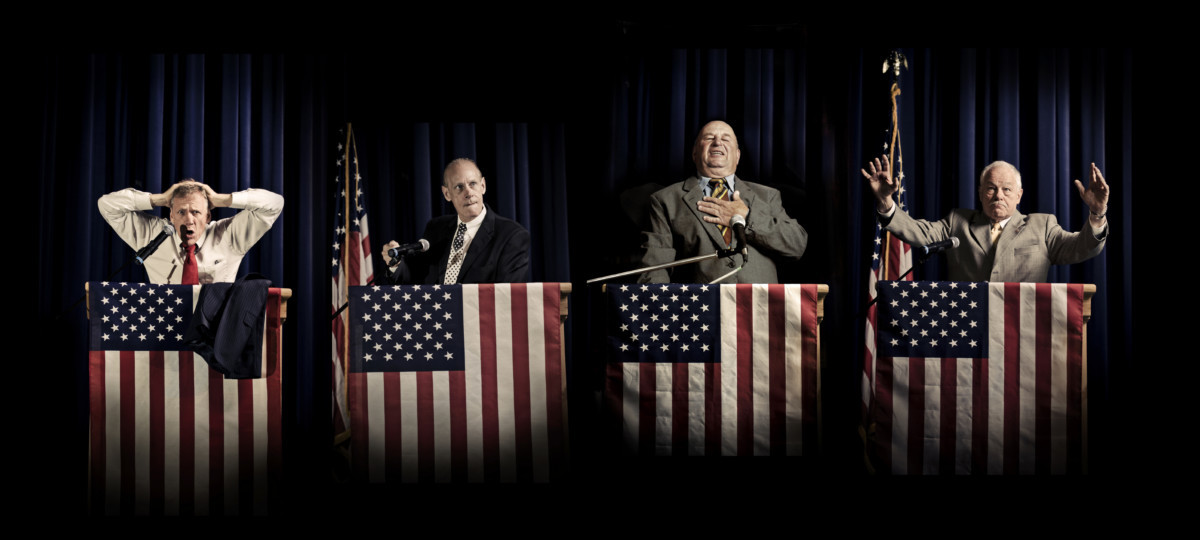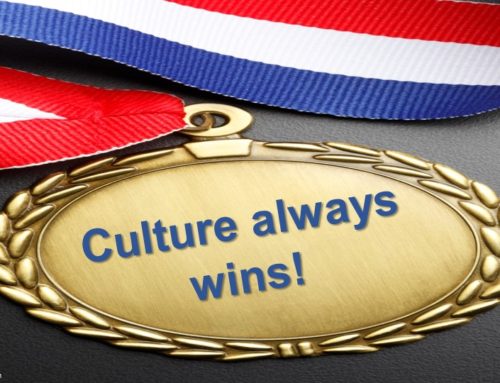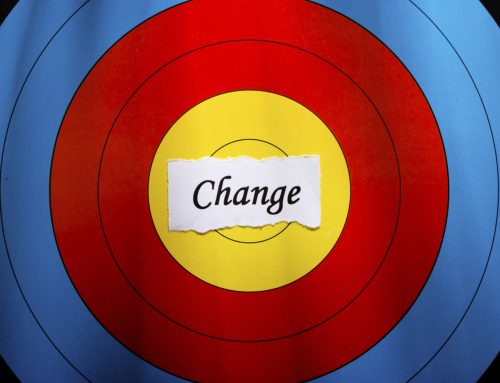It is “silly season” in the United States—a time when those seeking to represent others in elected office engage in the dating ritual known as campaigning.
The debate of divergent ideas consumes the airwaves. It streams across the Internet, fills social media feeds; and populates the pages of the print media. Most important, it occupies the time, energy, and resources of both those running for office and the true-believers campaigning for them.
How is the debate working so far? Are you seeing substantive discussion of the issues?
Democracy is messy. Our system of government is designed to protect the voice of the minority. The paralysis, endless squabbling, and drawn-out decision making process that would kill a company is an accepted – and occasionally celebrated – part of life in our form of government.
So why can’t those running for office engage in substantive discussion of important ideas? They are, for the most part, bright people. They have seemingly substantial resources at their disposal to study alternatives and craft a solution.
The absence of respect – for the process, the opposition, and the people being governed – is a prime culprit in the endless squabbling and lack of intelligent conversation.
Look up the word respect in the dictionary and you will see the following:
to hold in esteem or honor: to show regard or consideration for: to relate or have reference to.
You will hear the word, but it is rare to see it in action. Respect is often mentioned as a qualifier for disagreement such as “With all due respect to my esteemed opponent.”
But seriously, when is the last time you saw true respect in the debate over the course of action to resolve any of the challenges we face?
Here’s the thing – if you have to qualify your comments with language about respect then there is a good chance you don’t really respect the other person.
Public courtesy and politeness are not respect. If respect was truly part of the process, we would see the following from those in the majority and the minority:
- Not playing procedural games with the process to push their agenda.
- Valuing differences in opinion and perspective and actively looking for opportunities to reach a workable solution for everyone rather than dismissing any alternative that might anger the electoral base.
- Taking the obligation to serve so seriously that you embrace opportunities to listen to voices that do not share your views.
Great Leaders and Great Companies Get It
The best companies have learned that true respect – not simply civility and courtesy – is a strategic advantage. It enables teams to function at their highest levels. It creates an environment where different opinions are valued and ideas are evaluated on their merits. Vigorous, respectful debate is valued, and no one hides the truth.
Great leaders know that respect is crucial to gaining and sustaining the commitment of followers and cooperation of colleagues. Respect is a requirement for open dialog to resolve differences and solve problems.
Respect is earned by our performance not bestowed by a position. We receive it when others come to know and trust our:
- Strength of character
- Depth of competence
- Clarity of communication
- Consistency of commitment
- Constancy of courage
The silliness that we know as political campaigning will only become a substantive debate of divergent ideas when those seeking our vote model true respect of the process, the opposition, and the people being represented. Until then, tune in for the entertainment, but don’t hold your breath for anything more.
Randy Pennington is an award-winning author, speaker, and leading authority on helping organizations achieve positive results in a world of accelerating change. He regularly writes about business and occasionally weighs in on how government does … or doesn’t work. To bring Randy to your organization or event, visit www.penningtongroup.com , email info@penningtongroup.com, or call 972.980.9857.





